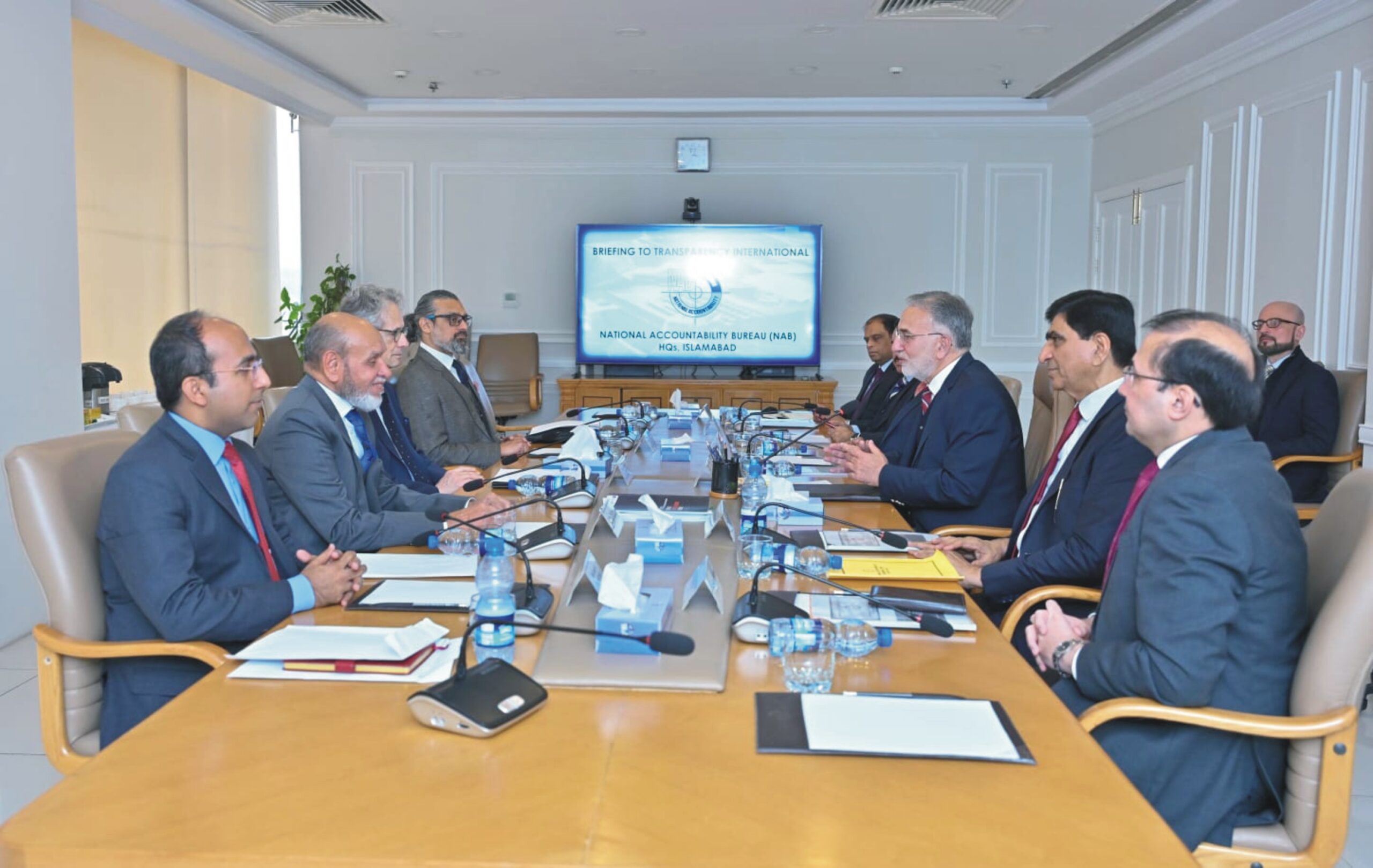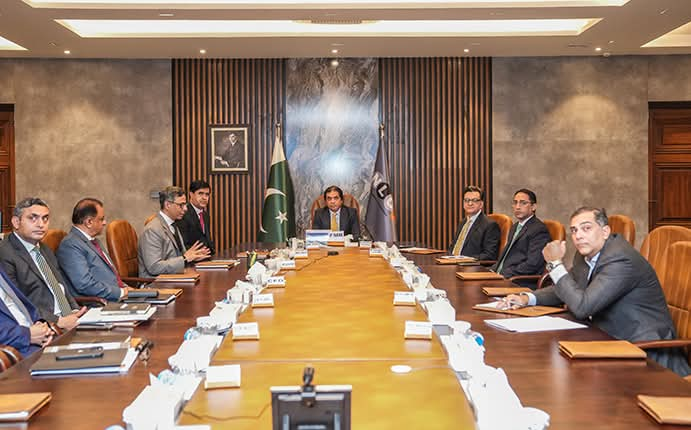 Islamabad :The Federation of Pakistan Chambers of Commerce and Industry’s ruling group has called for reactivation of Pak-Iran Joint Economic Commission to get the real benefit of border point’s opening, exploiting the full potential to achieve $5 billion annual bilateral trade target between the two countries.
Islamabad :The Federation of Pakistan Chambers of Commerce and Industry’s ruling group has called for reactivation of Pak-Iran Joint Economic Commission to get the real benefit of border point’s opening, exploiting the full potential to achieve $5 billion annual bilateral trade target between the two countries.Pakistan and Iran have several times agreed to enhance their trade relations and improve rail connectivity to achieve a target of $5 billion annual bilateral trade through the platform of Pak-Iran Joint Economic Commission. But unfortunately, this Commission has been inactive and did not hold its meetings on regular basis. So, the serious working of Joint Economic Commission along with opening of Pakistan and Iran’s multiple borders’ points will steer trade avenues between the two Muslim countries in real terms, observed FPCCI’s ruling party BMP Chairman Mian Anjum Nisar. He said the volume of two-way trade between Pakistan and Iran is negligible and mutual trade does not match the respective potential. The opening of Pak-Iran border new crossing at Pashin Mand point adjacent to Ketch Turbat district is a historic step, especially for the people of Balochistan, which would further strengthen and deepen bilateral cooperation in terms of trade with Pakistan, observed FPCCI former chief. “Through this step the exporters of both the countries would be able to get direct access to the consumers of each other’s countries border markets, he said.
Mian Anjum Nisar said various decisions regarding the expansion of trade and economic relations between Pakistan and Iran have been taken up previously. Unfortunately, due to the instable and unpredictable international and regional political processes, nothing has been in practicality. The BMP leader reiterated the need for developing and deepening bilateral relations in various fields, including economic relations and trade, as well as development and strengthening of border markets.
In a reference to unimplemented agreements signed by the two countries in the past, including the Iran-Pakistan gas pipeline agreement, he called for implementing and operationalizing those accords, especially expanding mutually beneficial economic cooperation and development.
Business community of Pakistan fully supports the government’s initiative to establish border markets. The opening of international border crossing point at Mand-Pishin would facilitate pedestrian movement and enhance bilateral trade, he maintained.
He pointed out that Pakistan faced the challenge of trade deficit with lower exports, besides balance of payments deficit, development of energy sector and lower foreign investment, which can be resolved by enhancing regional trade.
Under this government relations between the two brotherly Muslim neighboring countries were gaining historic momentum, he said, and added that opening of two crossing points in less than six months was a major milestone. He said Pak-Iran border crossing would provide employment and trade benefits to the residents of the border areas and provide better opportunities for economic development in the areas. He said it was the third Pak-Iran border crossing point, earlier in December 2020, Gabad Ramdan connecting to Gwadar district had also been inaugurated.
These border crossing points would not only helped in boosting bilateral trade but also bilateral relations and tourism between the two Muslim brotherhood neighbors, he maintained.
Mian Anjum Nisar said reasons for low volume of trade between two countries, is mainly lack of each other’s’ potential and non-utilization of the territorial connectivity.
Tariff and non-tariff barriers are also major obstacles in the way of trade improvement, he said. All the traditional transportation means are available for bilateral trade between and Pakistan and Iran including road, air, sea and rail but unfortunately none of these ways of transportation are efficiently and economically utilized presently. Mian Anjum Nisar said transport licenses should be issued to allow vehicles move freely across the border.
Anjum Nisar said Iran and Pakistan are member of emerging regional trade blocks. Geographical locations of both the countries affect their neighboring countries, he said. Both countries should seek various avenues of cooperation for penetration of their products in these markets. The two countries should study and review bilateral preferential trade agreement and incorporate avenues of investment that has been emerging due to changing regional dynamics. He dismayed over insignificant bilateral trade with Pakistan despite immense potential, reiterating its resolve to facilitate private sector for barter trade. The business community in the two countries would have to increase interaction to share their experiences in the larger interests of the people of two brotherly nations.







